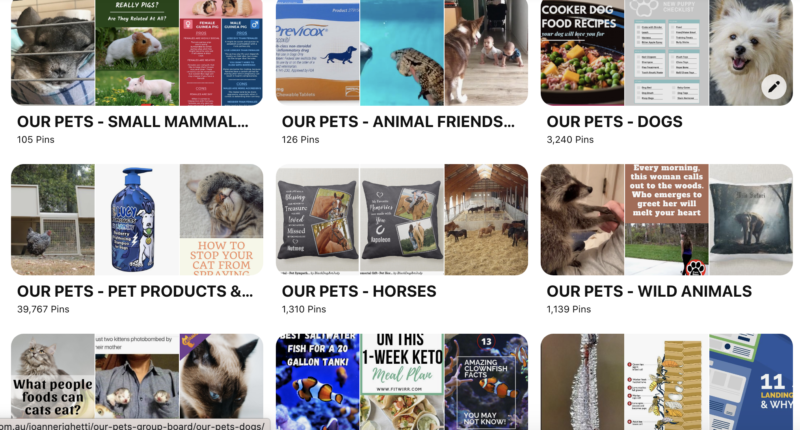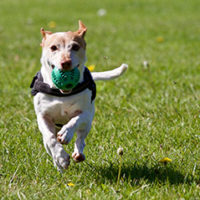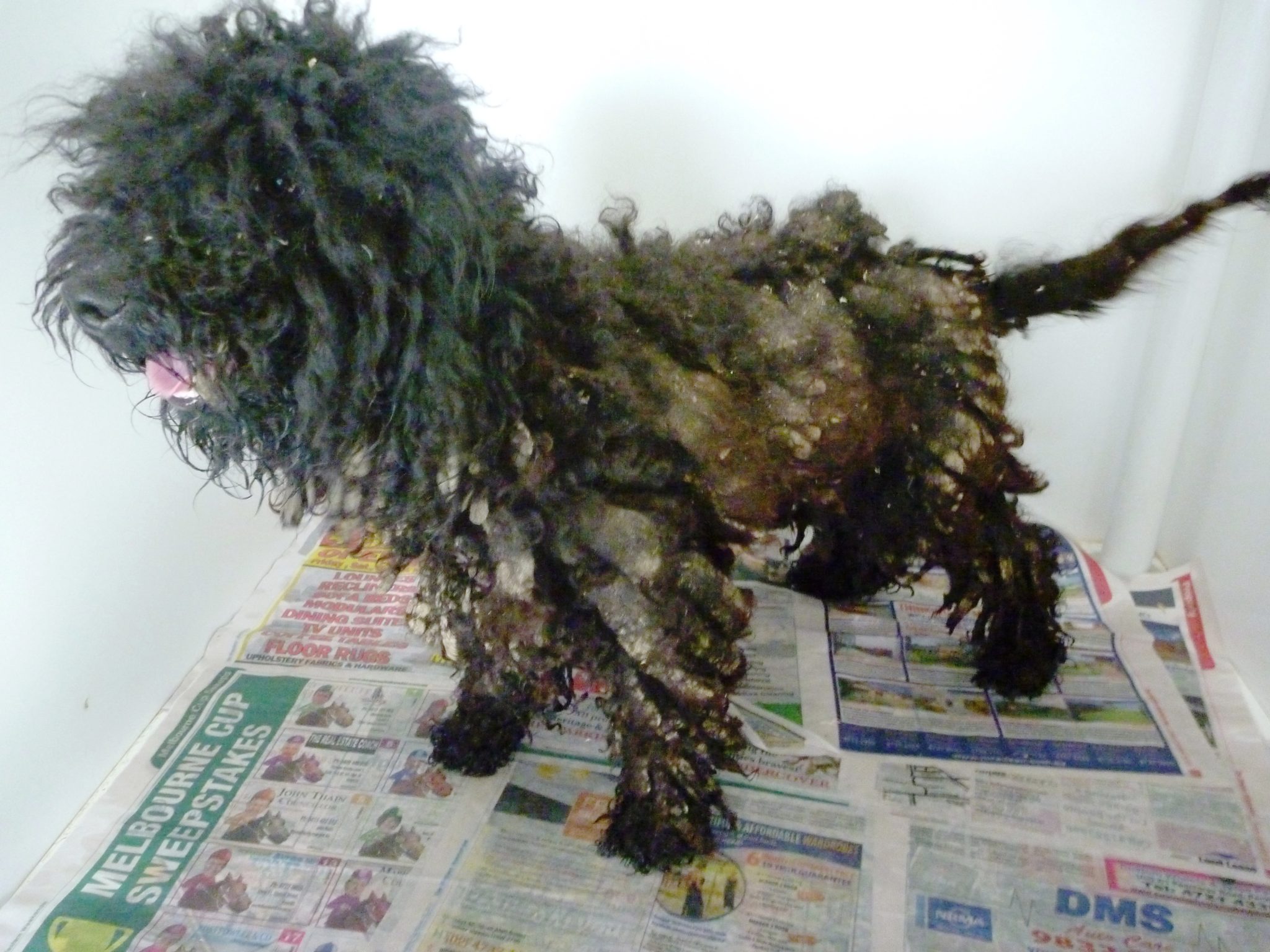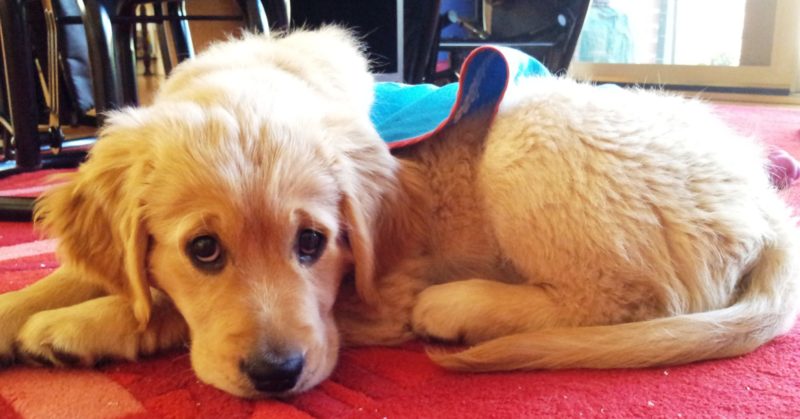Teenage Dogs: 10 Tips to Cope with Adolescent Puppies
Are you tearing your hair out over your adolescent dog, your ‘naughty’ teenage puppy? Or is your teenage dog simply tearing up your furniture, your garden, your wallet?! These 10 tips may help you cope…
Puppies are cute! Everybody loves a puppy. But then that puppy starts to grow and grow. They explore their world. They use their teeth. At somewhere between 6 and 18 months, they often begin to test boundaries. Where your puppy once hung on to your every word and command, they are now, apparently, deaf to your voice! Your teenage dog may now be jumping on the couch, pulling washing off the clothesline, digging, escaping and barking.
Teenage-hood in dogs may not technically exist but owners living with an adolescent dog, certainly feel justified in complaining about their wayward teen. Yes, like human teenagers, this period is often a young dog simply becoming more independent of their carers: Exploring their own way in the world.
Sadly this is often the time that dogs are given up to shelters, as owners cannot cope. If people understand that this is a stage pups go through, they are more likely to cope.

These 10 tips may help you cope with your teenage dog:
- Be consistent with your training. If your use commands, bridges and cues, make sure you are consistent and try to get everyone who handles your dog to follow your methods. This makes it easier for your dog to understand what you want.
- Being consistent with your training will also help your puppy feel secure in its role. Be sure to use lots of praise when your dog behaves well. Set your pup up for success.
- Your pup needs to use their mouth to explore their world, so give them appropriate items to chew. Food-releasing toys are great and chews keep their jaws occupied. Be tidy with your precious belongings. Keep them out of reach of your dog.
- Rotate toys around regularly. Your dog gets bored with toys that are always available and we know that dogs treat a toy as new, if they have not seen it for 5 days, so rotation is the key to keeping your dog interested.
- Give your dog enough physical and mental exercise. They are less likely to be destructive at home if they have expended their energy in more suitable pursuits such as walks, short but regular training sessions and have toys to play with.

- Set up an agility course in your backyard. This is fun for both dogs and owners and get your kids involved.
- Learn how to calm your dog down. Regular grooming session or massage can help.
- Try getting together with the owners of other teenage dogs. Like an adolescent support group, being able to chat about your worries and potentially find some communal solutions may help. If nothing else, your dogs will be able to run off steam together (but do keep an eye on them.
- Always observe your dog’s behaviour in public. Do not allow them to annoy people e.g. crotch sniffing or other dogs. You are responsible for your dog’s behaviour. Do not wait for your dog to grow out of it. Manage your dog’s behaviour (with a lead) and teach them how you would like them to behave, by rewarding desired behaviour.
- Remember that adolescence is simply a stage in your puppy’s life. It will pass. Remember, however, that dogs are learning all the time and if owners don’t teach them how they would like them to behave, especially during adolescence, chances are unwanted behaviours will last a lifetime!
Your dog?
Do you live with a teenage dog? What unwanted behaviours have you experienced? Or have you overcome the adolescent behaviour? What are your tips?
More dog behaviour advice
- 10 Things to consider before you choose a pet
 10 Things to Consider Before you Choose a Pet Choosing a pet has two main stages: Determining if you are at the right point in life to
10 Things to Consider Before you Choose a Pet Choosing a pet has two main stages: Determining if you are at the right point in life to - 10 Tips to improve the human-animal bond
 10 Tips to Improve the Human-Animal Bond While we may do many things for and with our pets, not all of these benefit our pets. Here are
10 Tips to Improve the Human-Animal Bond While we may do many things for and with our pets, not all of these benefit our pets. Here are - 10 Ways That Pets Embarrass Us
 Pets can be embarrassing. Meet ten examples of the most embarrassing pets.
Pets can be embarrassing. Meet ten examples of the most embarrassing pets. - 10 Ways to Choose a Pet
 A collection of resources to help you make a wise choice about pet ownership
A collection of resources to help you make a wise choice about pet ownership - 5 Reasons why pets follow you around
 5 Reasons why pets follow you around We love our pets! But do they have to follow us everywhere?!Here are 5 reasons, from Pet Problems Solved, why pets
5 Reasons why pets follow you around We love our pets! But do they have to follow us everywhere?!Here are 5 reasons, from Pet Problems Solved, why pets - 7 Steps to a Perfect Pet (and being a perfect pet owner)
 7 Steps to a Perfect Pet – and being a perfect pet owner! Like people, no pet is perfect! There are a few things that pet owners
7 Steps to a Perfect Pet – and being a perfect pet owner! Like people, no pet is perfect! There are a few things that pet owners - 9 Surprising Things you May Learn About Your Pets While in Social Isolation
 9 Surprising Things You May Learn About Your Pets While in Social Isolation You are never alone when you have a pet. During this extended period of
9 Surprising Things You May Learn About Your Pets While in Social Isolation You are never alone when you have a pet. During this extended period of - A Day In The Life of A Pet Care Centre
 Do you ever wish that your dog was better behaved or perhaps just had more activities to occupy them? A pet care centre could be the answer
Do you ever wish that your dog was better behaved or perhaps just had more activities to occupy them? A pet care centre could be the answer - A wolf in sheep’s clothing: Should we dress dogs?
 Should we dress dogs? Do you dress your dog up? I spoke a couple of years back with the owner of a chain of pet stores who
Should we dress dogs? Do you dress your dog up? I spoke a couple of years back with the owner of a chain of pet stores who - Are puppy farm dogs stressed?
 Canine commercial breeding establishments may adopt dogs out to homes once their production levels deteriorate. How do these dogs cope? A new study has looked at this and Dr Jo comments…
Canine commercial breeding establishments may adopt dogs out to homes once their production levels deteriorate. How do these dogs cope? A new study has looked at this and Dr Jo comments… - Australian attitudes to puppy farms
 Australian Attitudes to Puppy Farms An Animal Welfare League Poll shows community demand for tighter regulation of puppy farms… This post was written several years ago. Many of
Australian Attitudes to Puppy Farms An Animal Welfare League Poll shows community demand for tighter regulation of puppy farms… This post was written several years ago. Many of - Bringing home baby: Helping your pets cope with your new human
 Bringing home baby: Helping your pets cope If your pet has been your baby up until you bring home a baby of the human kind, here are
Bringing home baby: Helping your pets cope If your pet has been your baby up until you bring home a baby of the human kind, here are
More dog behaviours at Pinterest




















A sudden change of behavior on our canine companions when they’re shifting from puppy to teenage could very well be problematic for any pet parent. The list you’ve provided is very helpful. Let’s hope more and more pet parents give more attention on their pets at this stage.